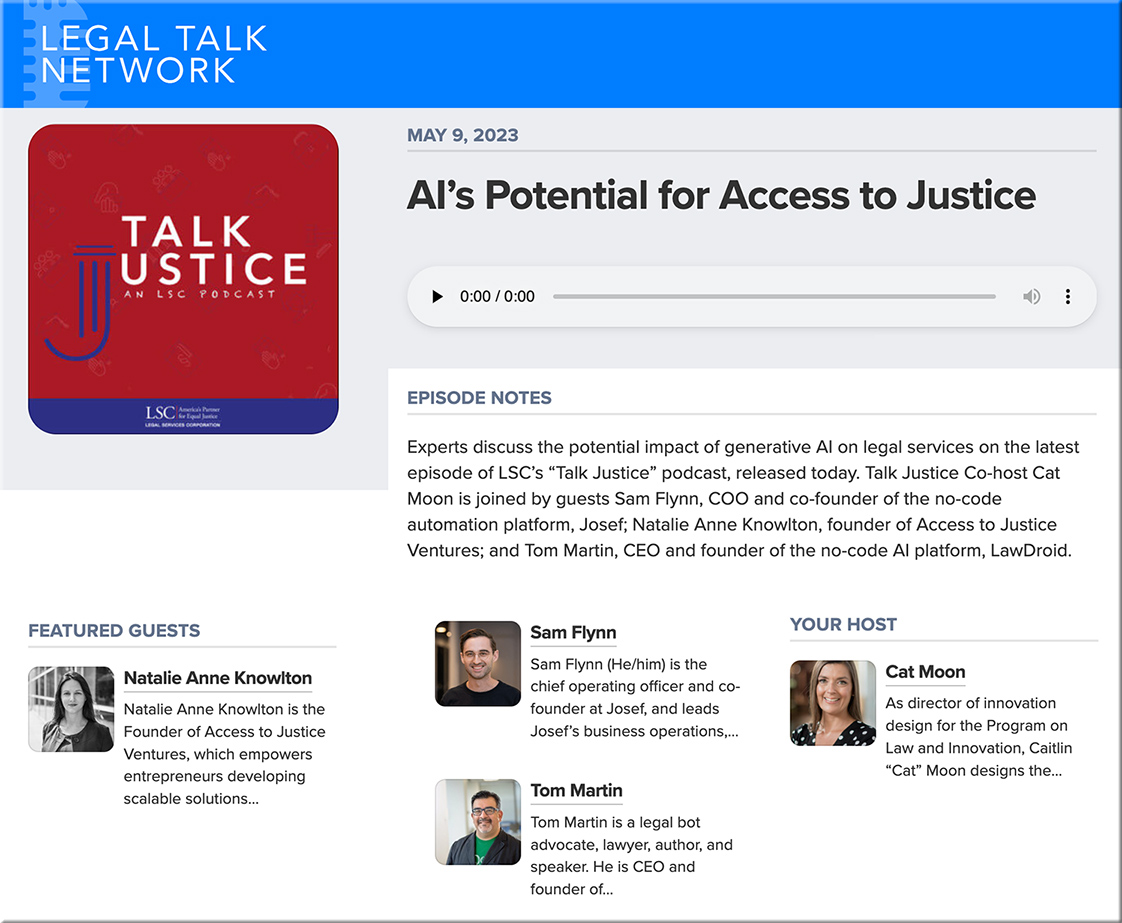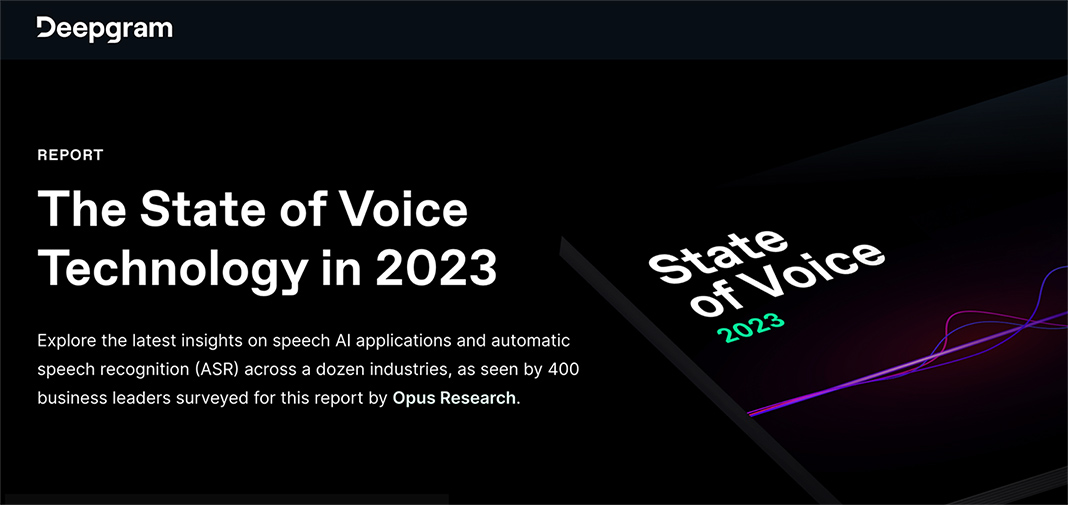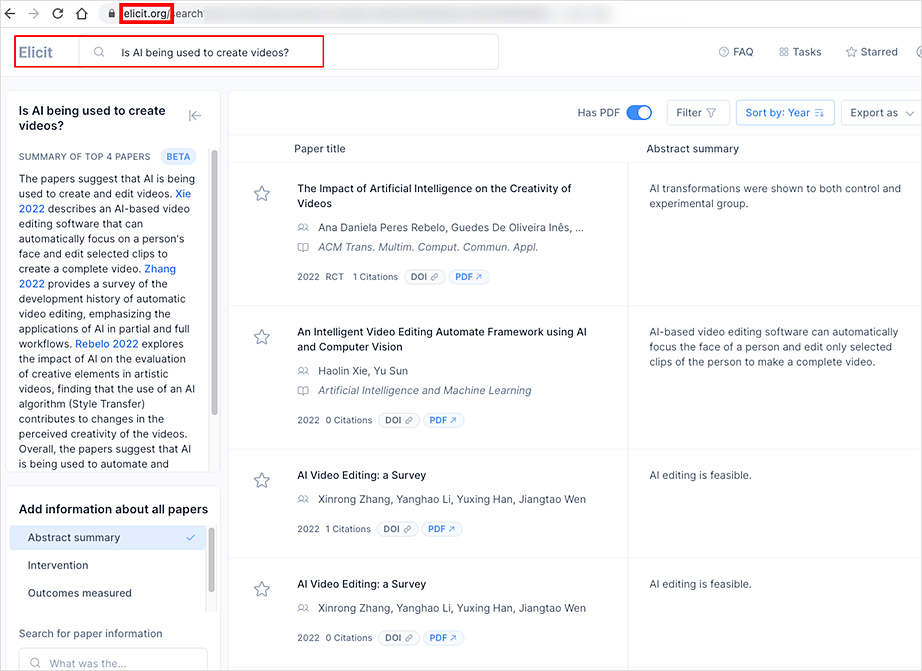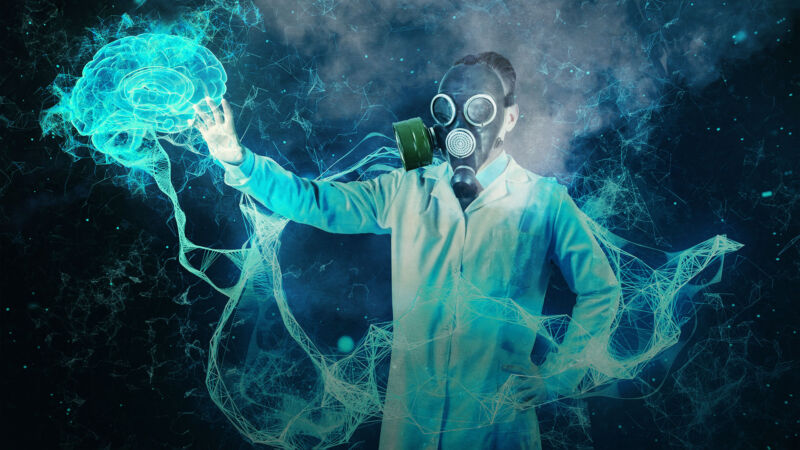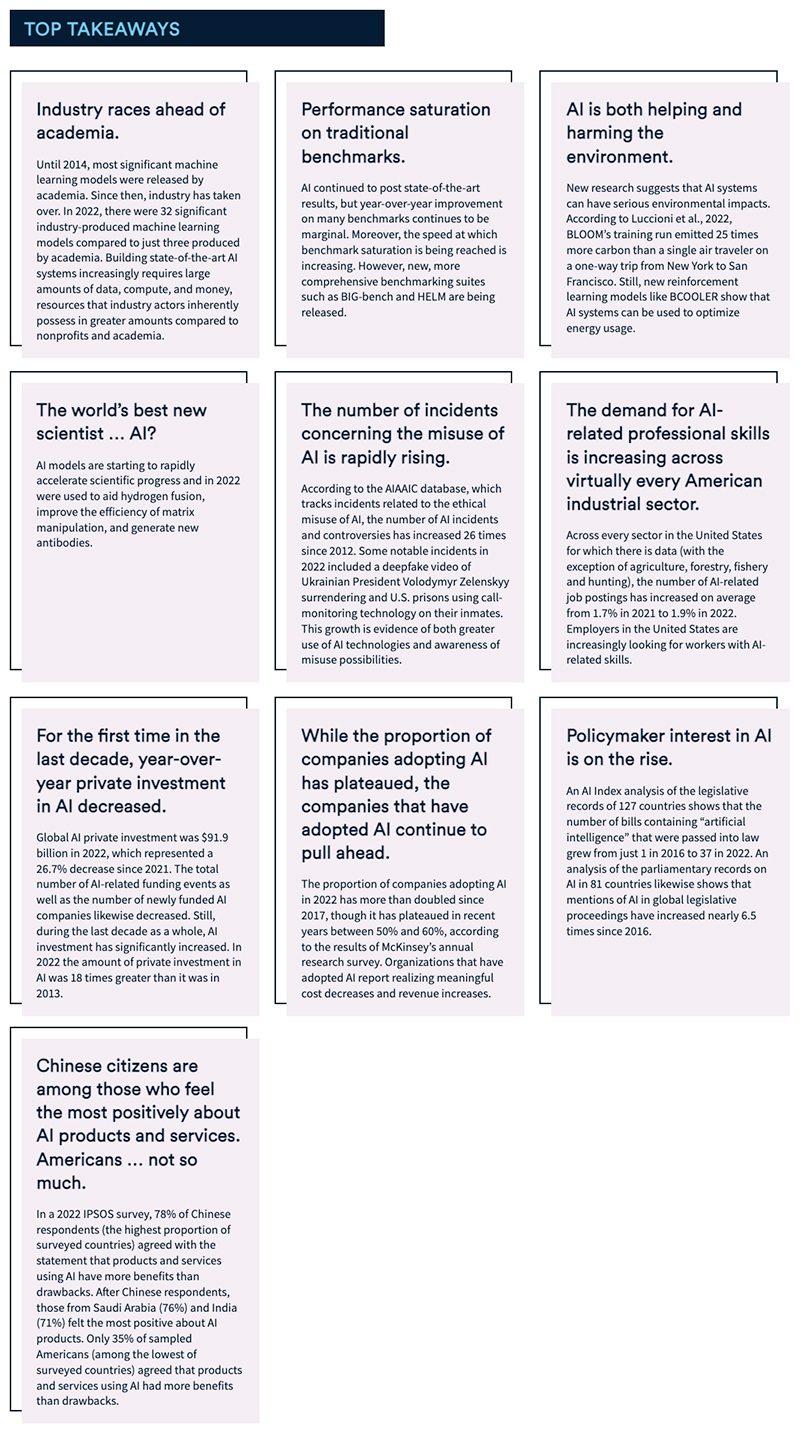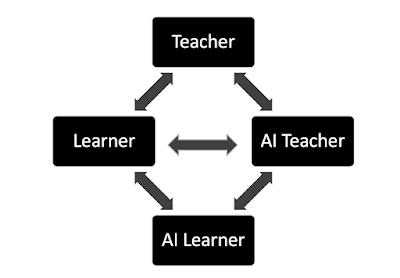AI-driven Legal Apprenticeships — from thebrainyacts.beehiiv.com by Josh Kubicki
Excerpts:
My hypothesis and research suggest that as bar associations and the ABA begin to recognize the on-going systemic issues of high-cost legal education, growing legal deserts (where no lawyer serves a given population), on-going and pervasive access to justice issues, and a public that is already weary of the legal system – alternative options that are already in play might become more supported.
What might that look like?
The combination of AI-assisted education with traditional legal apprenticeships has the potential to create a rich, flexible, and engaging learning environment. Here are three scenarios that might illustrate what such a combination could look like:
-
- Scenario One – Personalized Curriculum Development
- Scenario Two – On-Demand Tutoring and Mentoring
- Scenario Three – AI-assisted Peer Networks and Collaborative Learning:
Why Companies Are Vastly Underprepared For The Risks Posed By AI — from forbes.com by
Accuracy, bias, security, culture, and trust are some of the risks involved
Excerpt:
We know that there are challenges – a threat to human jobs, the potential implications for cyber security and data theft, or perhaps even an existential threat to humanity as a whole. But we certainly don’t yet have a full understanding of all of the implications. In fact, a World Economic Forum report recently stated that organizations “may currently underappreciate AI-related risks,” with just four percent of leaders considering the risk level to be “significant.”
A survey carried out by analysts Baker McKenzie concluded that many C-level leaders are over-confident in their assessments of organizational preparedness in relation to AI. In particular, it exposed concerns about the potential implications of biased data when used to make HR decisions.
AI & lawyer training: How law firms can embrace hybrid learning & development — thomsonreuters.com
A big part of law firms’ successful adaptation to the increased use of ChatGPT and other forms of generative AI, may depend upon how firmly they embrace online learning & development tools designed for hybrid work environments
Excerpt:
As law firms move forward in using of advanced artificial intelligence such as ChatGPT and other forms of generative AI, their success may hinge upon how they approach lawyer training and development and what tools they enlist for the process.
One of the tools that some law firms use to deliver a new, multi-modal learning environment is an online, video-based learning platform, Hotshot, that delivers more than 250 on-demand courses on corporate, litigation, and business skills.
Ian Nelson, co-founder of Hotshot, says he has seen a dramatic change in how law firms are approaching learning & development (L&D) in the decade or so that Hotshot has been active. He believes the biggest change is that 10 years ago, firms hadn’t yet embraced the need to focus on training and development.
From DSC:
Heads up law schools. Are you seeing/hearing this!?
- Are we moving more towards a lifelong learning model within law schools?
- If not, shouldn’t we be doing that?
- Are LLM programs expanding quickly enough? Is more needed?
Legal tech and innovation: 3 ways AI supports the evolution of legal ops — from lexology.com
Excerpts:
- Simplified legal spend analysis
- Faster contract review
- Streamlined document management









